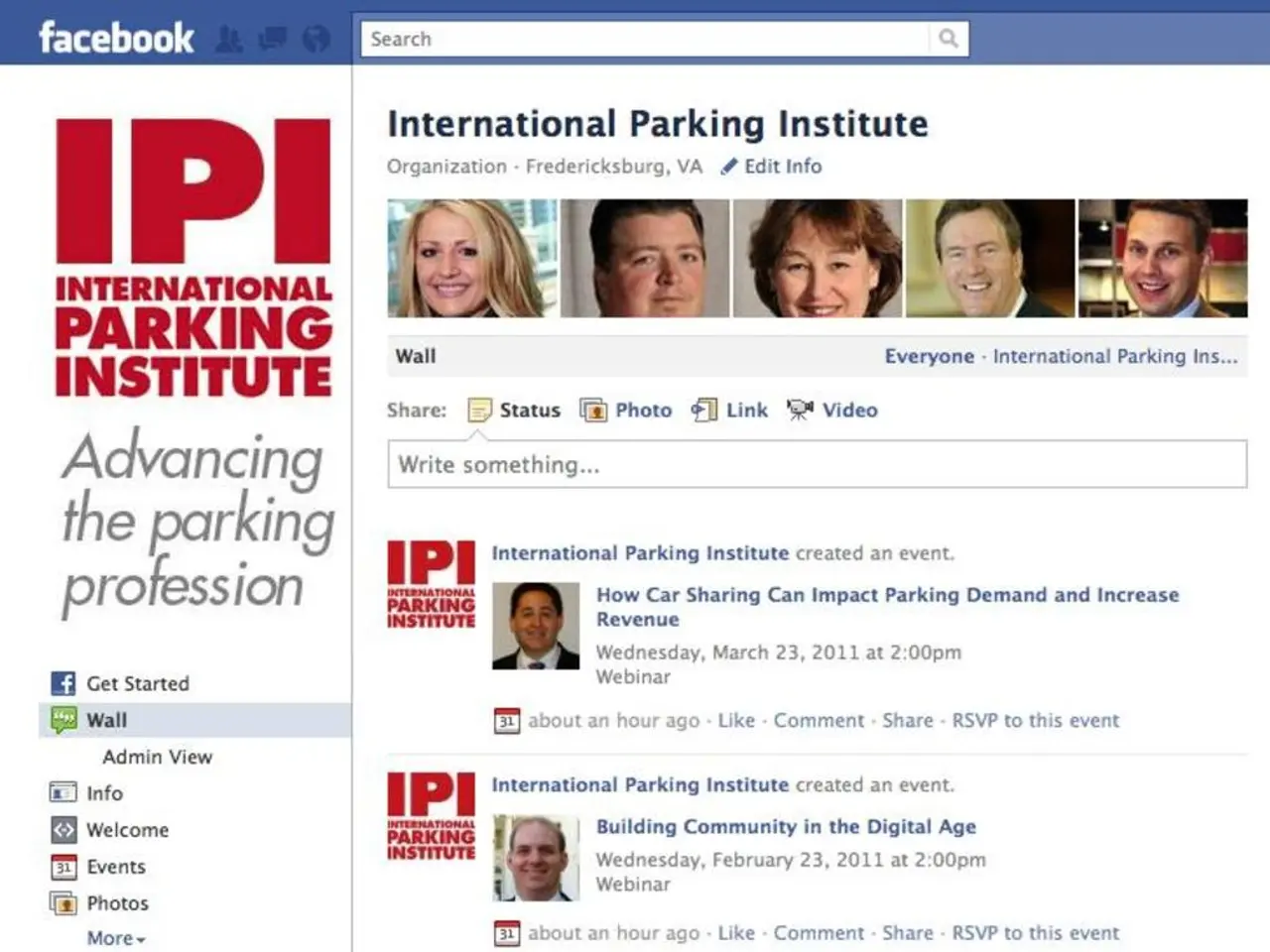Medical Professionals Shouldput an End to Guesswork Regarding Celebrity Cosmetic Procedures
In the realm of social media, content speculating about celebrities' cosmetic procedures has become a near-guaranteed engagement booster. This trend, characterised by medical professionals such as dermatologists and plastic surgeons sharing their opinions on platforms like TikTok, Instagram, and YouTube, has sparked a complex ethical debate.
Transparency and Honesty -------------------------
While celebrities' openness about their procedures can help set realistic expectations and promote healthier beauty standards, the same cannot be said for medical professionals publicly diagnosing or speculating about those who have not disclosed such information. The medical community generally emphasises informed consent and patient privacy as core ethical tenets; speculating about someone’s medical history without their permission could be seen as a breach of both.
Responsibility and Influence -----------------------------
Medical professionals on social media possess significant authority, and their speculation can set norms and expectations for viewers. When these discussions are sensationalised or lack nuance, they risk reinforcing unrealistic beauty ideals, despite claims that the “undetectable era” encourages more natural approaches. The framing of these discussions can inadvertently fuel insecurity and normalise invasive scrutiny of public figures.
Accuracy and Validity ---------------------
Even for trained professionals, it is impossible to make definitive diagnoses of cosmetic surgeries based solely on images or videos. Social media content often lacks context, such as lighting, angles, filters, and the natural aging process, which can all dramatically alter a person’s appearance. Speculation, even when informed, is still speculation—not medical fact.
Shifting Norms and Setting Standards -----------------------------------
The recent trend of celebrities openly discussing and sometimes regretting past cosmetic work suggests a cultural shift toward greater transparency. However, this does not extend carte blanche to third-party professionals making public assumptions. The E! show *Botched Presents: Plastic Surgery Rewind*, for example, features celebrities themselves reflecting on their choices, not outside experts diagnosing appearances.
There is a growing recognition that “undetectable” beauty involves more than just cosmetic procedures; it includes holistic health practices and lifestyle choices. Medical professionals may be better served by focusing educational content on general best practices and disclaimers about the limits of remote diagnosis, rather than speculating on specific individuals.
Conclusion ----------
While the public discussion of cosmetic procedures can destigmatise plastic surgery and promote transparency, medical professionals speculating about celebrities’ bodies on social media treads into ethically murky territory. Such speculation risks inaccuracy, breaches of privacy, and the perpetuation of unhealthy beauty standards—even when unintended. The most ethically robust approach is to avoid speculation about non-consenting individuals and instead use the platform to educate about cosmetic procedures in a responsible, evidence-based manner.
- In the context of health-and-wellness and mental-health, it is essential for medical professionals to prioritize patient privacy and informed consent, thus making speculation about celebrities' medical history without their permission ethically questionable.
- Instead of using social media platforms to speculate on celebrities' cosmetic procedures, medical professionals can leverage their influence in the arena of entertainment by providing educational content related to cosmetic procedures, emphasizing holistic health practices, and dispelling unrealistic beauty ideals.




